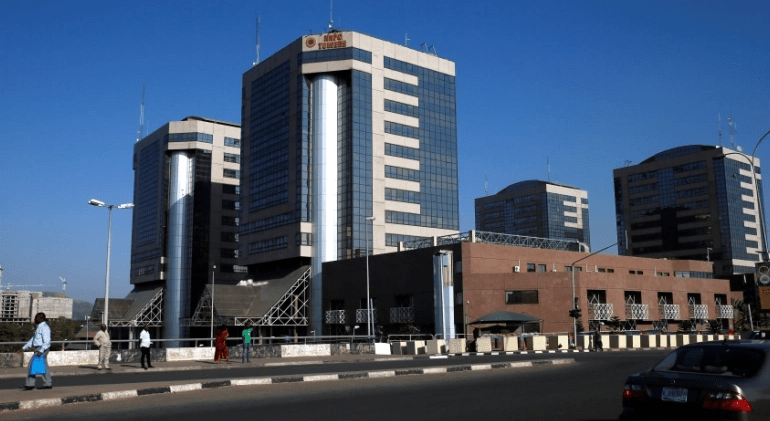•Severe in Abuja, Benue, Borno, others
James Emejo in Abuja
The Consumer Price Index (CPI), which measures the rate of change in prices of goods and services, eased to 22.22 per cent in June compared to 22.97 per cent the previous month, the National Bureau of Statistics (NBS) revealed yesterday.
The NBS attributed the 0.76 per cent decrease in the headline index to moderation in energy and food prices.
According to the CPI report for June 2025, year-on-year, inflation stood at 11.97 per cent compared to 34.19 per cent in 2024 (using the November 2009 base year, and prior to rebasing).
Month-on-month, however, headline inflation was 1.68 per cent in June, compared to 1.53 per cent in May.
In the period under review, food inflation moderated to 21.97 per cent on a year-on-year basis, compared to 40.87 per cent in June 2024.
The NBS noted, however, that the “significant decline in the annual food inflation figure is technically due to the change in the base year.”
Month-on-month, food inflation stood at 3.25 per cent, compared to 2.19 per cent in May.
According to the statistical agency, the increase can be attributed to the rate of increase in the average prices of green peas, fresh pepper, shrimps, crayfish, fresh meat, tomatoes, plantain flour, and ground pepper, among others.
On the other hand, core inflation, which excludes the prices of volatile agricultural produces and energy, declined to 22.76 per cent year on year in June compared to the 27.4 per cent in June 2024.
Month-on-month, the index was 2.46 per cent in June compared to 1.10 per cent in May.
Nonetheless, urban inflation stood at 22.72 per cent, year-on-year in June compared to the 36.55 per cent in June 2024. Month-on-month, the index rose to 2.11 per cent in June, compared to 1.40 per cent May.
On the other hand, rural inflation reduced to 20.85 per cent, year-on-year, compared to the 32.09 per cent in June 2024.
Month-on-month, the index stood at 0.63 per cent, compared to 1.83 per cent in the preceding month.
At the state level, year-on-year, headline inflation was highest in Borno (31.63 per cent), Abuja (26.79 per cent), and Benue (25.91 per cent), while Zamfara (9.90 per cent), Yobe (13.51 per cent), and Sokoto (15.78 per cent) recorded the lowest rise in prices.
Month-on-month, however, the highest increases in inflation was in Ekiti (5.39 per cent), Delta (5.15 per cent), Lagos (5.13 per cent), while Zamfara (-6.89 per cent), Niger (-5.35 per cent), and Plateau (-4.01 per cent) recorded the lowest rise.
Also, food inflation, year-on-year was highest in Borno (47.40 per cent), Ebonyi (30.62 per cent), Bayelsa (28.64 per cent), while Katsina (6.21 per cent), Adamawa (10.90 per cent), and Sokoto (15.25 per cent) recorded the slowest rise in prices. Month-on-month, however, food inflation was highest in Enugu (11.90 per cent), Kwara (9.97 per cent), and Rivers (9.88 per cent) while Borno (-7.63 per cent), Sokoto (-6.43 per cent) and Bayelsa (-6.34 per cent), recorded a decline.







